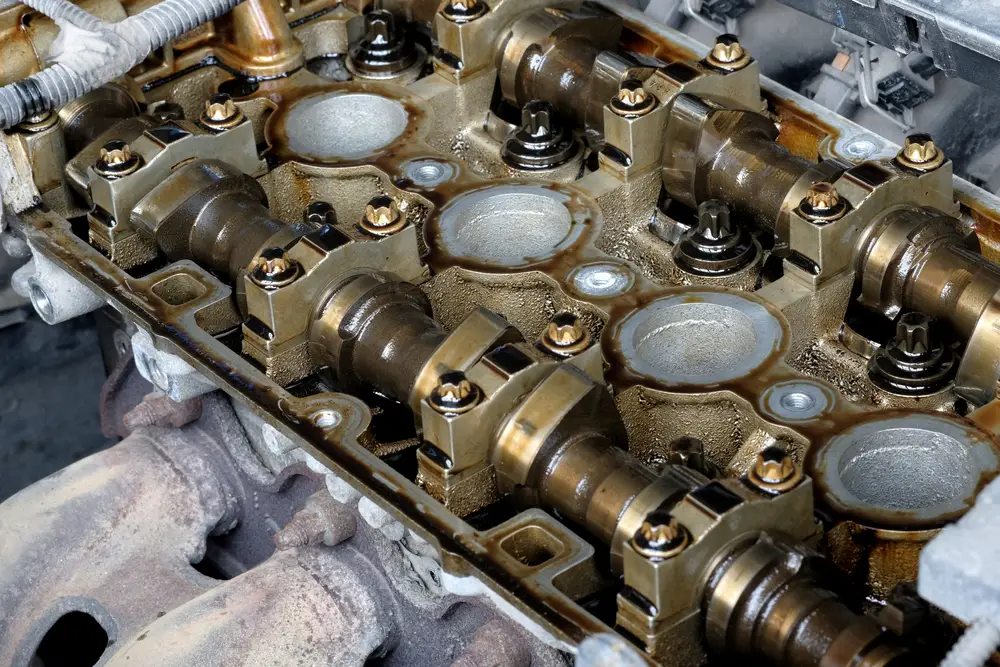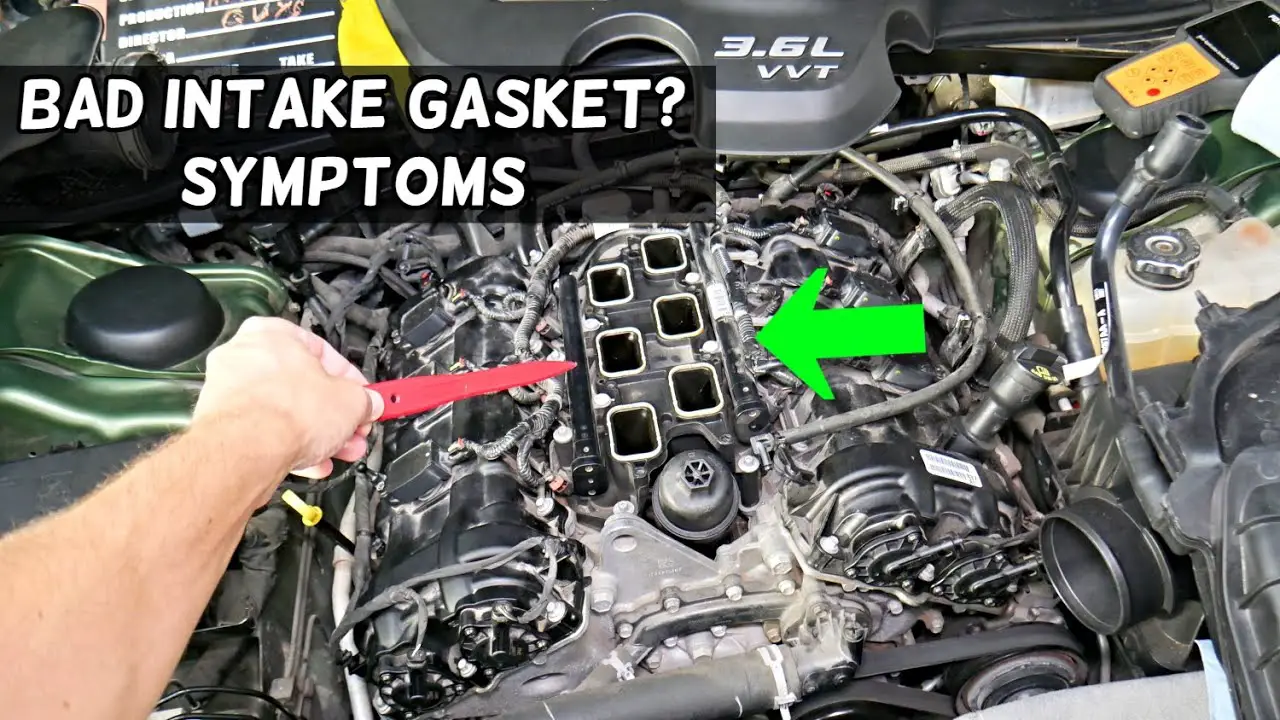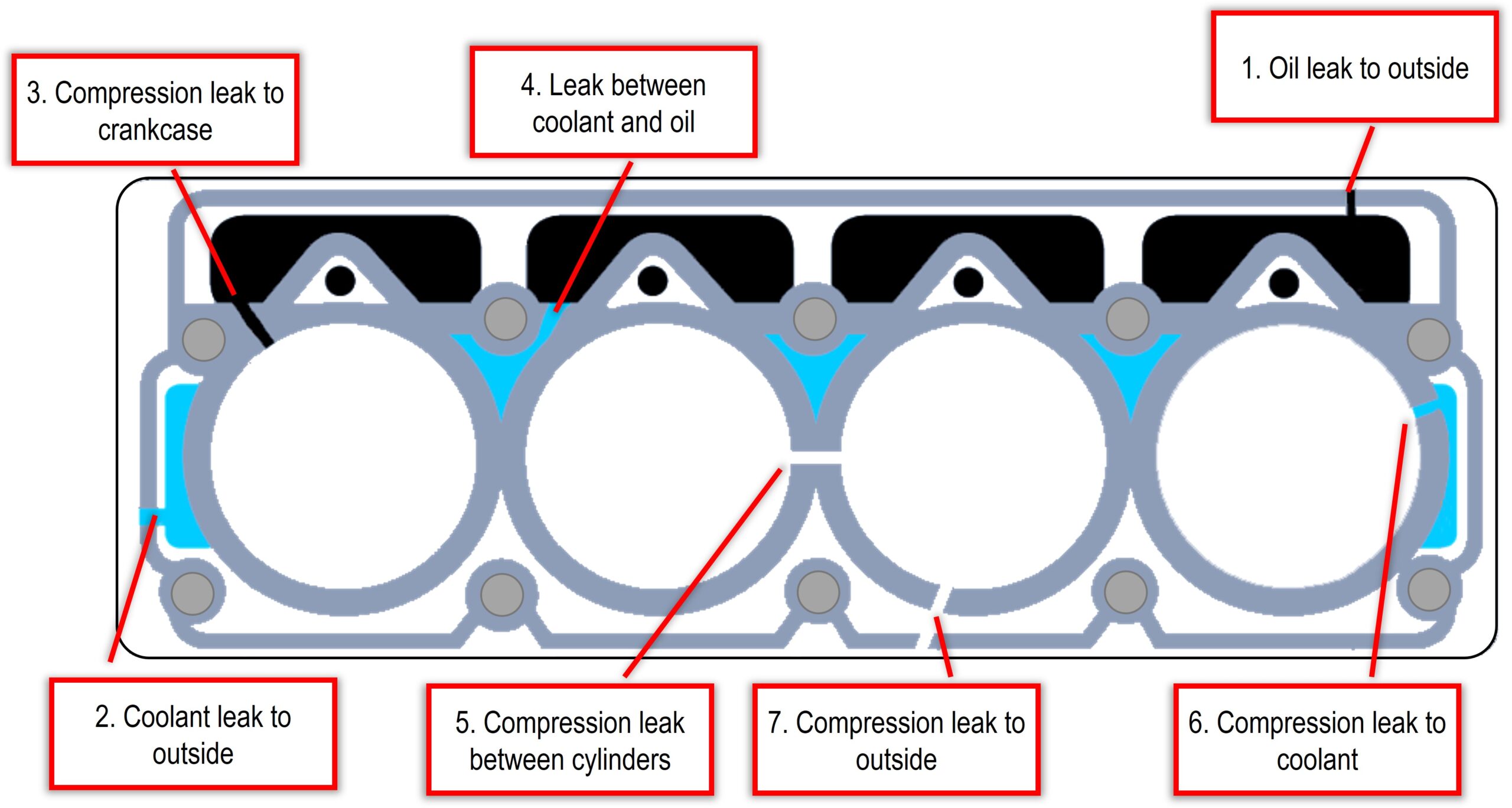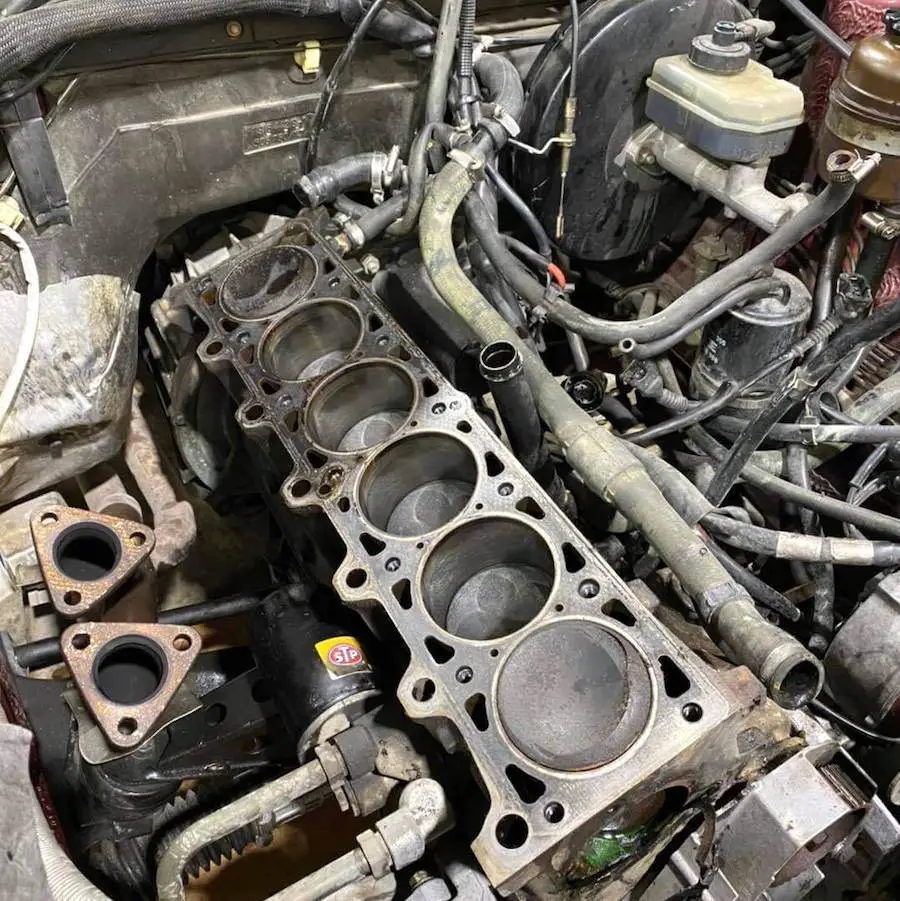Valve cover gasket leak symptoms include oil puddles under the car and burning oil smell. A leaking valve cover gasket can lead to oil puddles under the car and a burning oil smell in the engine bay.
This can result in oil reaching the exhaust system, causing the smell. If left unaddressed, the leak can lead to engine misfires and ultimately, engine damage. Being aware of valve cover gasket leak symptoms can help prevent further issues and maintain the engine’s performance.
Regular inspection and timely replacement of the valve cover gasket can help prevent these problems, ensuring the engine runs smoothly.
Contents
Spotting A Valve Cover Gasket Leak
Spotting a Valve Cover Gasket Leak is crucial for maintaining the health of your engine. By identifying the symptoms early, you can prevent potential damage and costly repairs. Here are some common signs to look out for.
Oil Stains On The Engine
One of the most visible indicators of a valve cover gasket leak is the presence of oil stains on the engine. Inspect the top of the engine and around the valve cover for any puddles or streaks of oil. These stains are a clear indication that the gasket is failing and allowing oil to escape.
Smell Of Burning Oil
If you notice a strong odor of burning oil while driving or when the engine is running, it could be a sign of a valve cover gasket leak. The leaking oil can come into contact with hot engine components, causing it to burn and emit a distinct smell. This smell is a clear indicator that the gasket may need to be replaced.
Performance Issues Linked To Leaks
Performance issues can often be linked to valve cover gasket leaks. These leaks can result in oil leaking onto the engine, causing a range of symptoms such as reduced engine power, misfires, and increased oil consumption. Identifying and addressing these symptoms promptly is crucial to maintaining optimal engine performance.
Engine Misfires
One of the key performance issues that can be linked to a valve cover gasket leak is engine misfires. When the gasket is damaged or worn out, it can lead to oil leaking out onto the spark plugs and ignition coils. This oil can interfere with the proper functioning of these components, causing the engine to misfire.
Engine misfires can manifest in various ways, such as a noticeable loss of power, rough idling, or a hesitation or jerking sensation while accelerating. These symptoms can be particularly evident during cold starts or when the engine is under heavy load. Ignoring engine misfires can lead to further damage to the engine and a decline in overall performance.
Reduced Engine Power
A valve cover gasket leak can also result in reduced engine power. When oil leaks from the gasket onto critical engine components, it can create a layer of oil residue that hampers their performance. This can affect the smooth operation of the engine, causing a decrease in power output.
As the leak worsens, the amount of oil reaching these components increases, further compromising their efficiency. The reduced engine power can be felt when accelerating, climbing hills, or attempting to reach higher speeds. It is important to address this issue promptly to prevent further damage and restore optimal engine performance.
Preventive Measures And Solutions
Valve cover gasket leak symptoms can be prevented by regular maintenance of your vehicle’s engine. This can include checking the gasket for any signs of wear or damage, replacing the gasket if necessary, and using high-quality gaskets to prevent future leaks.
Regular maintenance is key to preventing valve cover gasket leaks. Ensure timely inspections and replacements to avoid issues. Here are some tips:
Regular Maintenance Tips
- Check gasket condition during oil changes.
- Inspect for oil leaks around the valve cover.
- Ensure proper torque on valve cover bolts.
- Monitor oil levels regularly.
When To Seek Professional Help
| Symptoms | Action |
|---|---|
| Excessive oil consumption | Consult a mechanic for diagnosis. |
| Visible oil leaks | Seek immediate repair to prevent further damage. |
Remember, regular maintenance can prevent costly repairs down the line.
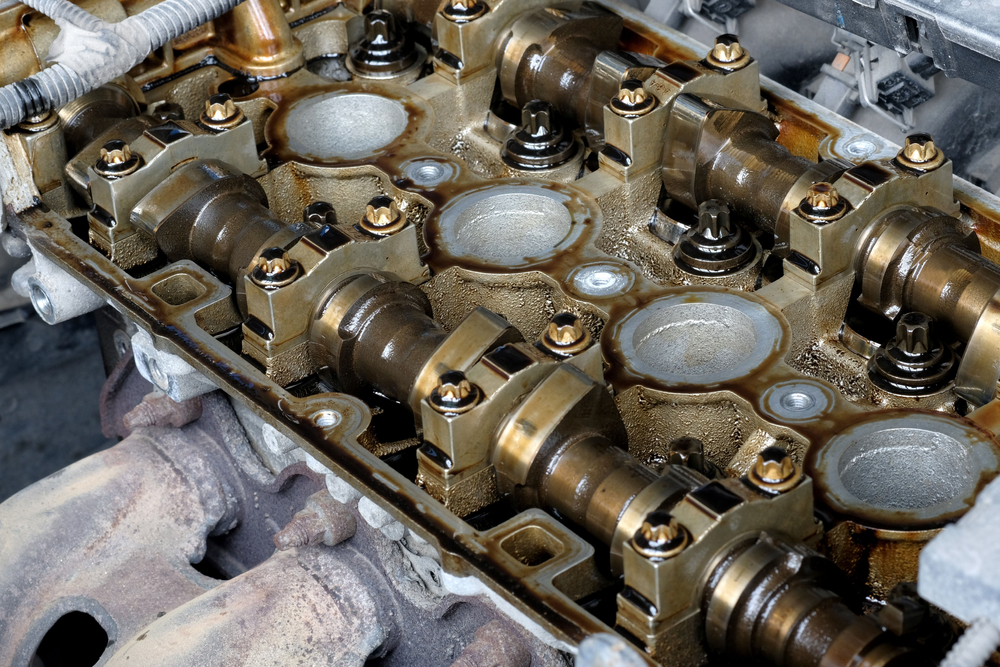
Credit: bwperformance.com
Frequently Asked Questions
Here are some FAQs about valve cover gasket leak –
How Do You Know If A Valve Cover Gasket Is Leaking?
You can tell if a valve cover gasket is leaking if you notice oil on the engine or smell burning oil. You may also hear a ticking or popping noise from the engine. A visual inspection of the valve cover and gasket may also reveal signs of leakage or damage.
What Happens When A Valve Cover Gasket Goes Bad?
A bad valve cover gasket can cause oil leaks. This can lead to engine overheating and damage. Regular inspection and timely replacement are crucial.
Can I Drive With A Leaking Valve Cover Gasket?
Driving with a leaking valve cover gasket is not recommended as it can cause oil to leak onto hot engine parts, leading to a fire. It can also damage the engine over time, causing it to fail. It’s best to have the gasket replaced as soon as possible to avoid any potential hazards.
Is A Valve Cover Gasket Leak Expensive To Fix?
A valve cover gasket leak repair can range from $100 to $400 depending on the vehicle make and model. It’s essential to fix it promptly to prevent further damage.
Conclusion
To sum up, recognizing valve cover gasket leak symptoms early is crucial for car maintenance. Addressing issues promptly can prevent costly repairs and engine damage. Stay vigilant for signs like oil leaks, burning smells, or engine misfires to keep your vehicle running smoothly and avoid major headaches down the road.

